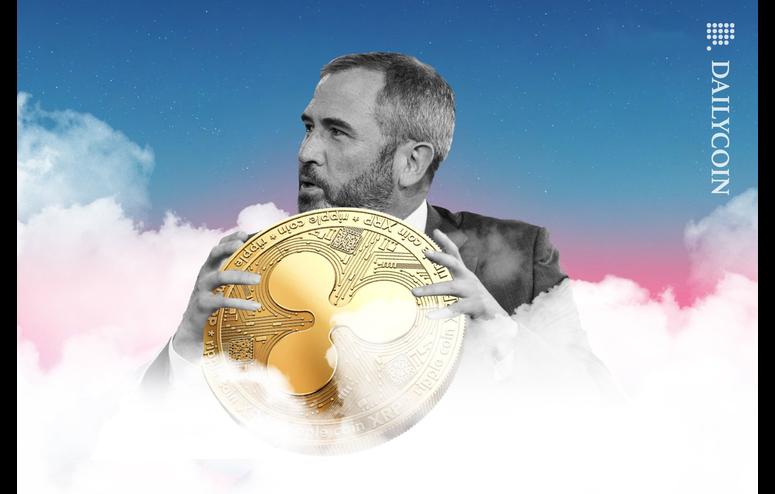Ripple Expands in Middle East with On-Demand Liquidity and Swell Global
TL;DR Ripple is expanding its presence in Dubai, opening a new office and hosting its annual customer conference, Swell Global 2023. The company has also launched its first On-Demand Liquidity deployment in the Middle East with Pyypl. Despite legal challenges in the US, Ripple is continuing to expand into new markets, highlighting the potential for other companies to follow suit.

Swell Global 2023 is set to be held in Dubai in November.
Ripple has recently launched its first-ever On-Demand Liquidity deployment in the Middle East.
Ripple, a leading provider of enterprise blockchain and crypto solutions, is expanding its footprint in Dubai on the back of strong growth in the Middle East. The company is opening a new office in the heart of the Dubai International Financial Centre (DIFC) and bringing Swell Global 2023, its annual customer conference, to Dubai on November 8-9.
With over 90% of its business outside the US, Ripple has been serving customers globally, and the Middle East and North Africa (MENA) region is an important market for the company.
Approximately 20% of all RippleNet customers, such as Qatar National Bank, SABB, Al-Ansari Exchange, Lulu Financial Holdings, and RAK Bank, are based in MENA. Over half of Ripple’s MENA payment volume comes from cross-border payments, including remittances from Saudi Arabia, Bahrain, and the UAE to India.
Ripple Unleashes On-Demand Liquidity in the Middle East
In 2020, Ripple established its MENA headquarters in the DIFC, as the location provides the company with innovation-forward regulations, a vast network, and a reputation as a leading global financial center.
Ripple’s CEO, Brad Garlinghouse, praised Dubai’s forward-thinking regulatory environment, which allows the local crypto industry to thrive while ensuring responsible behavior.
Ripple also announced the launch of its first-ever On-Demand Liquidity (ODL) deployment in the Middle East with Pyypl, an international blockchain-based financial services technology company in the Middle East and Africa.
ODL utilizes the digital asset XRP to support instant and low-cost cross-border payments. Financial institutions and SMEs can leverage previously trapped, pre-funded capital to grow and scale their businesses with ODL.
On the Flipside
Despite Ripple’s expansion and success in the Middle East, the company has faced regulatory challenges in other parts of the world, particularly in the US.
Ripple’s On-Demand Liquidity deployment in the Middle East has facilitated billions of dollars in cross-border payments.
Ripple faces competition from other enterprise blockchain and crypto solutions providers, including IBM, JPMorgan, and ConsenSys. These companies are also vying for a share of the lucrative cross-border payments market and are investing in their own blockchain solutions to meet the needs of global customers.
Why You Should Care
With the ongoing regulatory lawsuit in the United States, Ripple’s expansion into new markets, such as the Middle East, highlights the importance of global regulatory clarity and the potential for other companies to follow suit.
To learn more about Ripple CEO’s comments on the $200M spent in its legal battle against the SEC, check out this article:
To read about El Salvador’s recent move to join Dubai in tech tax elimination, as approved by CT, check out this article:
El Salvador Joins Dubai in Tech Tax Elimination, Crypto Twitter Approves
